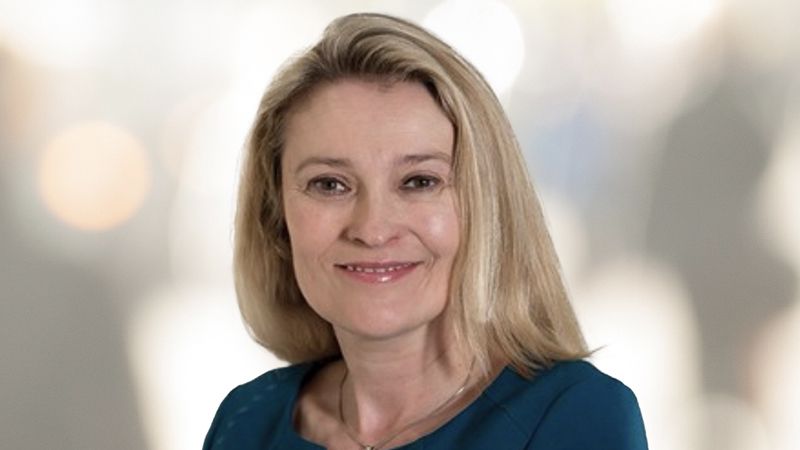The investment trust industry has taken significant steps forward on diversity since the days when a press article described trust directors as ‘pale, male and stale’. Today, many boards in the investment trust industry have embraced diversity, as initiatives such as Hampton Alexander and the Parker Review have made their impact.
But it was only in 2022 that the FCA put diversity on the regulatory agenda for companies with new Listing Rules to increase diversity on boards and at executive management level.
Since the FCA introduced these rules, boards have had to report whether they have met the FCA’s positive diversity targets and explain if they have not met them. To meet the targets, at least one individual on the board should be from an ethnic minority background, at least 40% of individuals on the board should be women and at least one of the senior board positions (consisting of the chair, chief executive officer, senior independent director or chief financial officer) should be held by a woman.
This final rule is difficult for investment trusts as they typically don’t have a chief executive officer or a chief financial officer, but the rules say you don’t have to report against this target if it’s inapplicable. In general the rules can be more challenging for investment trust boards which are typically smaller than trading company boards, without any executive management.
Following the introduction of the new rules, we now have data on the ethnic diversity of investment trust boards and all listed company boards for the first time. This tells us that just over half (52%) of investment trust boards have a director from an ethnic minority background and 10% of trust directors are from an ethnic minority. This is a good start but there is clearly more work to do. In the FTSE 350 as a whole, 82% of companies have a director from an ethnic minority background and 15% of directors are from an ethnic minority.
At the AIC we have long encouraged greater diversity on investment trust boards and are continuing to see progress. It’s an issue that’s close to my heart as I’m an Ambassador for The Diversity Project and Women on Boards. I’m also member of the ACT Global Leadership Council which provides insight and support to embed and grow the ACT standard of corporate culture for investment managers.
The Association frequently participates in webinars and seminars aimed at prospective directors, and last year hosted an event for EPOC, Empowering People of Colour. We are about to refresh our website, Pathway, which helps people who are new to investment trusts find out more about becoming an investment trust director. Pathway explains what being an investment trust director involves, what skills and experience might be useful, and how to go about getting a directorship.
When it comes to ethnic diversity, we are confident that the investment trust industry will move forward. We saw it with gender diversity, with the number of investment trust directorships held by women rising swiftly from 31% in 2020 to 41% today. When it comes to the FTSE 350 the figures are even better for investment trusts, with women holding 47% of FTSE 350 investment trust directors in comparison to 42% for FTSE 350 listed companies.
Investment trusts are continuing to make progress. Having data for the first time on the ethnic diversity of investment trust boards and all listed company boards is an important step forward as we can now accurately measure change. We can also gain an insight into boards’ views on diversity. Their explanations as to why they did not meet a target and the summary of key policies and challenges gives us a better understanding of their overall approach.
But we’d like to go further and encourage a wider, diverse group of people to find out more about being an investment trust director by registering on our website, Pathway. We hope to help achieve greater diversity by supporting people who have never considered becoming an investment trust director. Hopefully they will like what they see and will choose to become part of the investment trust industry, helping us make it even better.








